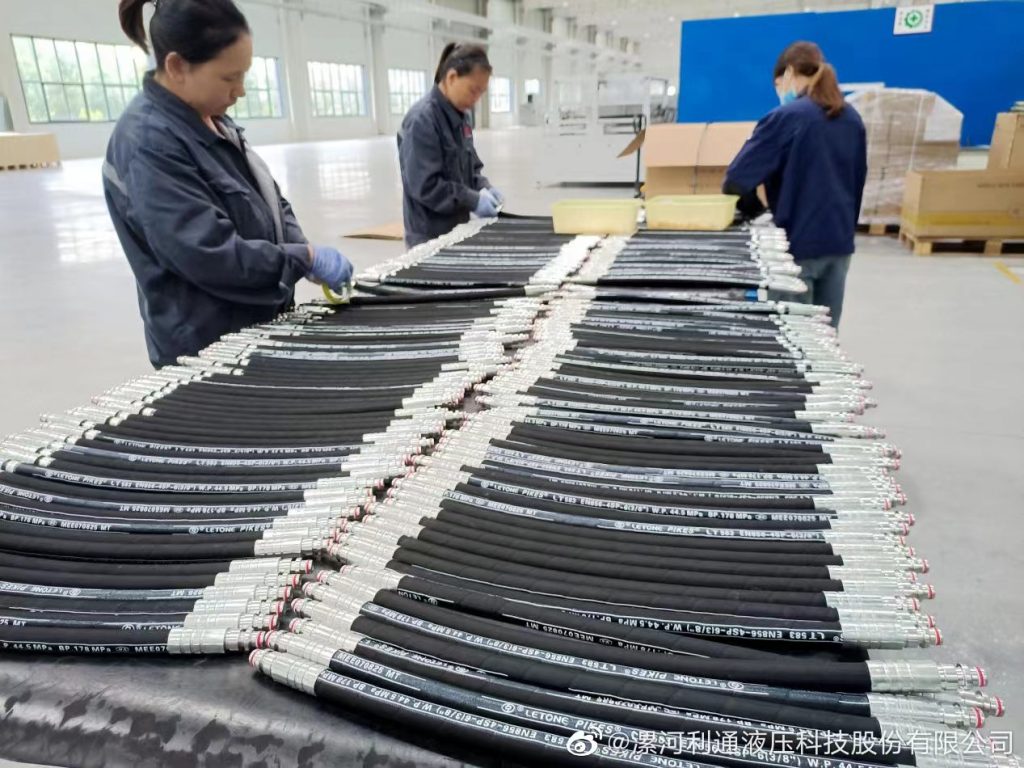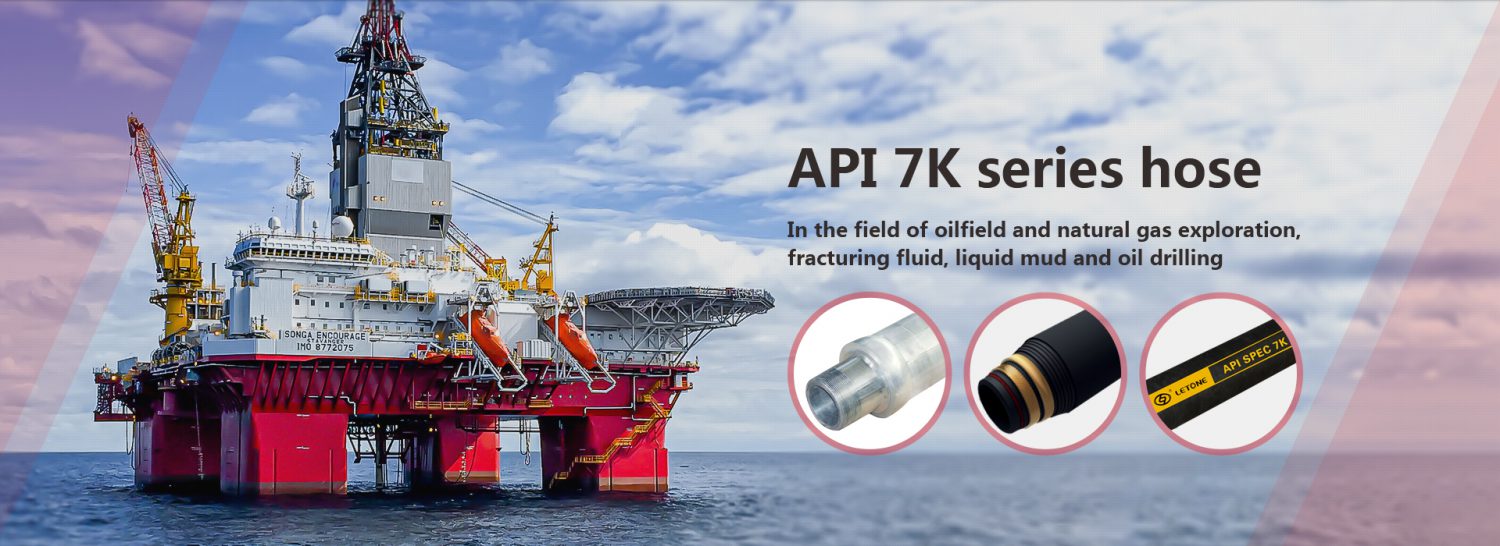Cement Conveying Grouting Machines require a variety of hoses. Some are made of copper while others are made from stainless steel. These hoses can be lined or unlined and can be high-pressure or high-heat. Cement conveying Hoses can be used in many industries, including mining and petroleum, material handling, air, water, and air. Some cement conveying tubes are made from thermoplastic polyurethane. Delivery Hose for Spiral Cement Spiral cement delivery hoses are an excellent choice when it comes to selecting the right hose to fit your cement conveying grouting device. These flexible hoses, made from synthetic rubber, can withstand temperatures up…
Cement Conveying Grouting Machines require a variety of hoses. Some are made of copper while others are made from stainless steel. These hoses can be lined or unlined and can be high-pressure or high-heat. Cement conveying Hoses can be used in many industries, including mining and petroleum, material handling, air, water, and air. Some cement conveying tubes are made from thermoplastic polyurethane.
Delivery Hose for Spiral Cement
Spiral cement delivery hoses are an excellent choice when it comes to selecting the right hose to fit your cement conveying grouting device. These flexible hoses, made from synthetic rubber, can withstand temperatures up to 180°F. In addition to being flexible, they are also strong and durable. They are often used as flexible connectors between pumping equipments.
When using this hose, it is important to keep the water-cement ratio equal. Typically, the water-cement ratio is about 1:1. This spray hose has a injecting pressure of 5 to 20 MPa and a lifting rate of 10-20 cm/s. You can also choose a spray nozzle that controls both cement’s acceleration pressure and the jet.

Concrete Pump Hose
Concrete pump hoses are an important safety device when pumping concrete. It should be long enough to reach the area where concrete will be poured without bending, twisting, or breaking. To prevent air from entering the pipeline, a pump hose should always be secured when not being used. It is also advisable to secure flexible hoses when priming the pump or clearing blockages. This will prevent hose whipping.
Concrete pump hoses come in a variety of sizes and materials. Choose a durable hose that is not too stiff, heavy, or too expensive. For optimal flow, it should be smooth on its inside. A 2-inch hose works well for a single-man operation, while a 5-inch hose is suitable for trailer pumps or boom pumps.
A concrete pump hose can handle high-pressure concrete and other materials. High-pressure pump hoses are often equipped with continuous spiral hoses for wet concrete applications. A JGB representative can help you decide which type is best for your application. They can also provide guidance on coupling and fitting.
Compressible cement delivery hose
Compressible cement delivery hoses are used in the process of grouting and concrete placement. They are available in a variety of materials, including synthetic rubber and gum rubber. Some of them have abrasion and heat resistant properties. These hoses can be used in a variety of applications, including mining, petroleum, and material handling. They are also available with spiral plied fabric reinforcement and meet ASME standards.
The cement delivery hose is another important component of the cement conveying system. A cement delivery hose is necessary to ensure the correct consistency of the cement. The wettest stable consistency is the level of water at which the cement will adhere to a vertical surface. In some cases, an accelerator is used to increase the cement’s adhesion to the surface.
The material’s resistance to pressure is measured by its compressive strength. This is the material’s ability to withstand pressure from water or other materials. A high strength concrete will resist a high load of weight, so it can withstand considerable strain.

